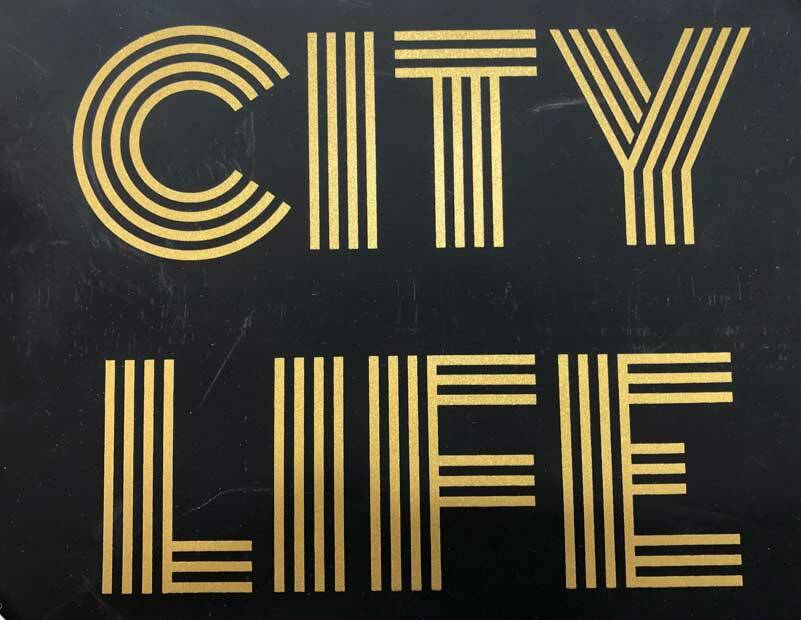By Morf Morford, Tacoma Daily Index
You’ve heard of the Great Depression (1929-1939) and the Great Recession (2007-2009), welcome to the Meh Recession.
I don’t know about you, but my emails and social media newsfeeds have been packed with dire warnings about the Big One – and they don’t mean earthquake or hurricane – they mean recession or depression. And they’ve been saying it for years.
All kinds of local, national and international economic/cultural and political forces are converging, diverging and muddling up trends, impulses and fears that drive policy, markets and public opinion. And confidence.
But what happens when economic forecasters project their worst case scenarios year after year? Two things happen; either people become tone deaf to the endless doom saying or they make a variety of preparation and accommodations for economic (or other) collapse.
The explosive residential real estate market of about a year ago has, of course, cooled. The commercial real estate market is, thanks to the work-from-home movement, in flux, if not trouble.
A burning issue across several industries is, do workers need to go back to the office? And if so, does that mean five, or four, or even two or three days a week?
A whole constellation of businesses and a corollary of support systems from conventions to dinners and networking luncheons depend on workers and gatherings on a regular basis.
For a variety of reasons, from Zoom to shifting demographics, the business/commercial market is not going back to its original (or at least previously known) pace, shape or texture.
Big cities, for better or worse, set the pace. In The Big Apple, for example, the rise in remote and hybrid work during and after the COVID-19 pandemic led to dramatically less demand for office space in New York City, causing the value of all New York office properties to drop by $28.6 billion in 2022.
San Francisco is in a similar situation; once considered a “prime market” for business and tourism, the city by the bay is finding itself hollowed out and besieged by a host of problems it never expected. Just a few years ago, in 2019, San Francisco was one of the hottest real estate markets (residential and commercial) in the world. By 2023 many of these same buildings had lost 70% of their value.
What happens when office workers go?
Small towns have been emptying out for decades. Now it is the turn for big cities to face empty streets and abandoned buildings. From Seattle to Boston, Miami and Los Angeles and many more, business districts and city centers are not what they once were. Virtually every once-pulsing business district now has record high office vacancy due to remote work trends triggered by the pandemic.
And what city has not seen concerns over street-level conditions – a euphemism alluding to the wave of crime (mostly theft and drug issues) that has already led to an exodus of major retailers from almost every city center?
Yes, street-level energy (and business receipts) have declined over the past (or several) years, and office vacancy rates are becoming more visible every day, but is that a recession? It isn’t. At least not yet.
Employment is still strong. Most economists say that you can’t have a recession with near-full employment. We shall see.
But, at minimum, a recession in the 2020s probably won’t look much like previous recessions.
Maybe every recession or depression has its own character, set of contributing causes and, presumably, steps toward recovery.
A dramatic, or even potential, decline in office occupancy will have ricocheting unforeseeable impacts from construction to building material prices and the survival of local diners and food trucks.
But a recession, whether catching us unprepared or dense with warnings, precautions and preparations, will hit us all in very different ways. And our ability to respond will be very different.
Some of us have a lot to lose. Or a lot to gain. Or neither one.
In any given economic downturn, some will prosper, some will founder, and some will, at a basic level, hold on for the ride and come out relatively intact.
Back in the Great Recession (2007-2009), for example, even though empty homes sat in every neighborhood, they sat longer in lower priced areas – and the best restaurants were never empty.
Many lost their homes and had their credit record damaged, but some bought homes they never could have afforded in a standard, more normal economy.
If you don’t remember, or if you’d like to refresh your memory of the losses and gains and difficulties of those days – including unemployment rates surpassing 20% – take a look here.
But what we have now is more like the death by a thousand blows. From creeping inflation to a volatile stock market and variable (but usually unexpected) unemployment figures, our economy is in flux, in motion and taking shapes we have never seen before.
Is a recession inevitable? It might be inevitable, but like everything else it seems, we’ll need some new terms or at minimum a few new definitions to make our way through the shifting economic terrain of the next few years.
The Black Swan is on its way
The reality, on the other hand, is that, in a global economy, anything can happen; from international war to pandemic to political upheavals, or technology disrupting sunspots, to erratic weather or natural catastrophes, we could have a full-scale “real” depression – the kind we study (if we do) in history books and firmly believe that we will never experience ourselves.
On this topic, I’d be glad to be wrong…
In an economy, as with one’s personal health, boring is good.
Let’s work for a boring economy.
Other eras had their “great” recessions or depressions Meh is good enough for me.





